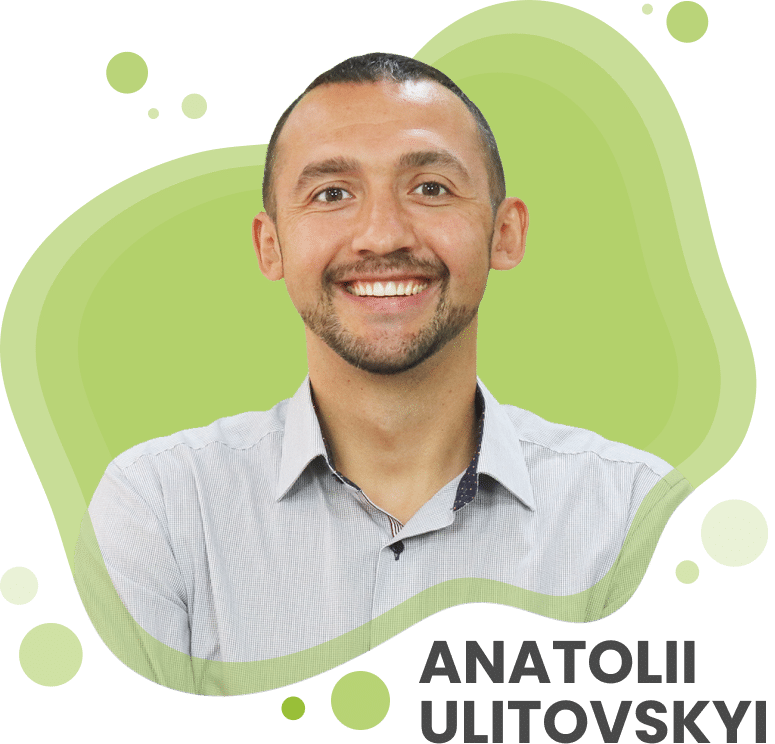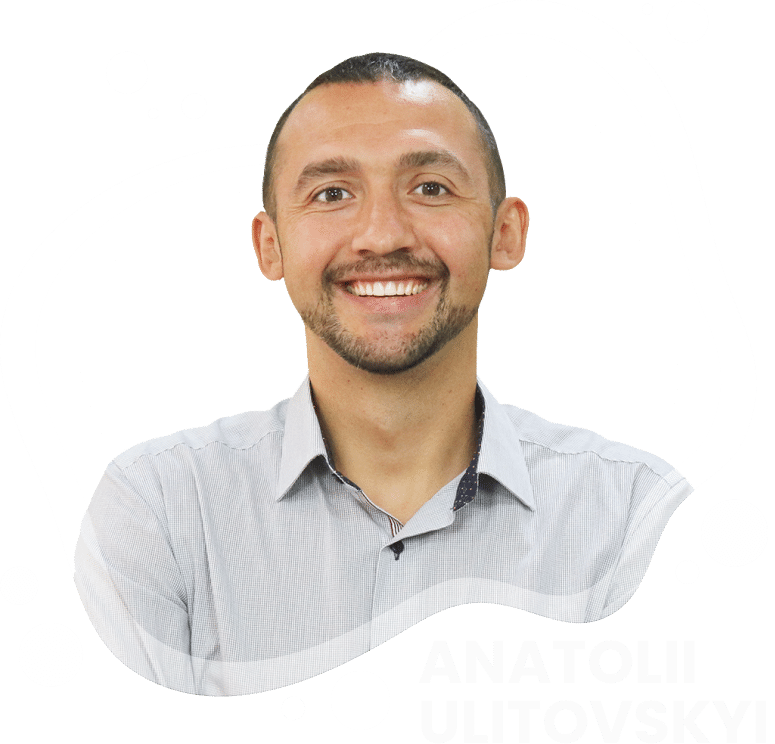

This article is sponsored by Semrush. Let’s be real here. AI search has completely flipped the script because most old methods just don’t work in this new environment. The main culprit is Google’s AI Mode and AI Overviews. They answer questions fully right there on the results page, which naturally drives down the click-through rate…

Learn how Wise.com scaled business growth using a powerful programmatic SEO framework built on data, automation, and high-intent landing pages.

I got a client who couldn’t grow own results for 3 years! Nothing could help him out, even a lot of money. Yeah, he invested in SEO and content creation +100K monthly. His team did all best SEO practices: High-quality content Relevant topics Regular updates Technical optimization Link building. Is it something familiar for you?…

Apple suspends AI news alerts, the New York Times launches Echo, and publishers sue Google. AI is rewriting journalism in 2025. Discover how newsrooms, jobs, and public trust are being transformed.

Discover how AI is transforming music in 2025. This data-driven case study explores AI tools like Suno, Udio, and Stable Audio, viral hits like Heart on My Sleeve, and platform policies from Spotify and YouTube.

Half of U.S. schools use AI. Only 1 in 4 follow federal rules. Explore adoption, bias risks, equity gaps, and privacy trends across 50 states.

Fashion is no longer just about fabric; it’s about algorithms.
Discover in this 2025 case study how AI is powering generative design, virtual try-ons, and trend forecasting, while boosting profits for global brands.

Explore AI vs human influencers in 2025.
Compare ROI, trust, engagement, and future trends in this data-driven case study.

The race for artificial intelligence talent has become one of the defining battles of 2025. Startups and Big Tech are competing directly, each appealing to the same limited pool of engineers, researchers, and data scientists. Startups emphasize mission-driven work, creative freedom, and equity ownership, which appeals to those who want their contributions to have immediate…

AI is cutting jobs but fueling new demand. 2025 data shows which U.S. states and industries are most at risk and who’s hiring

SEOTools

